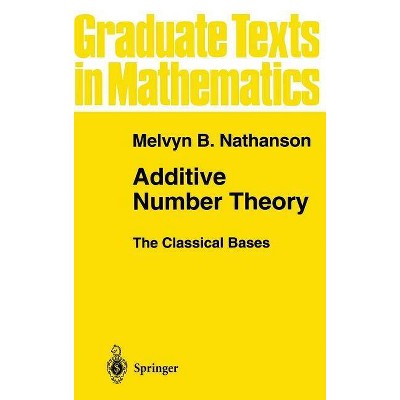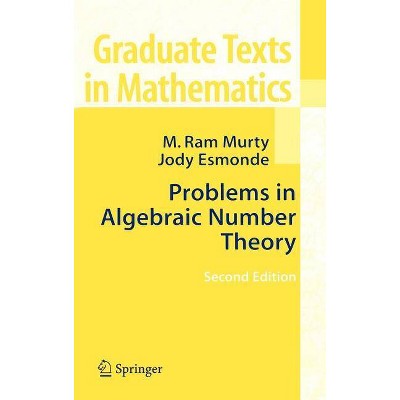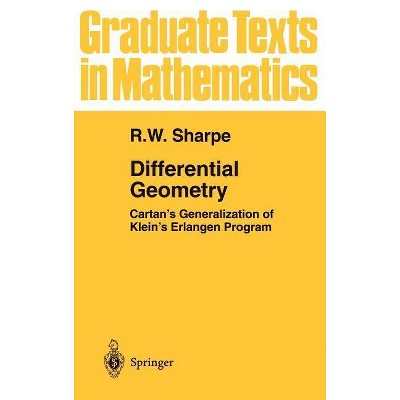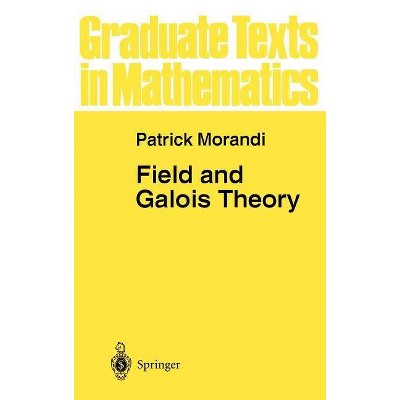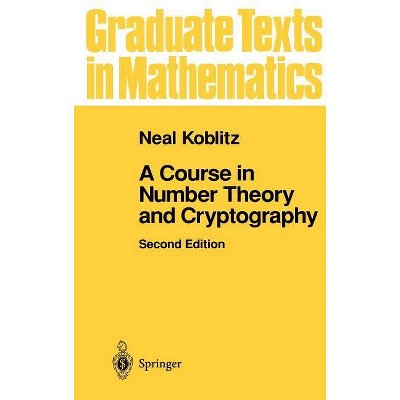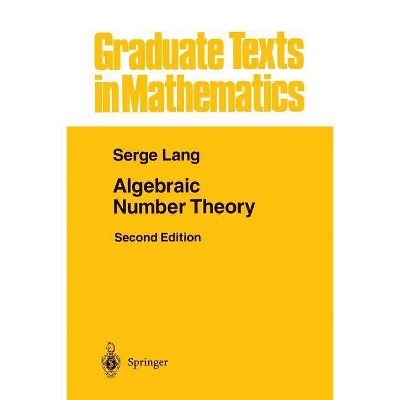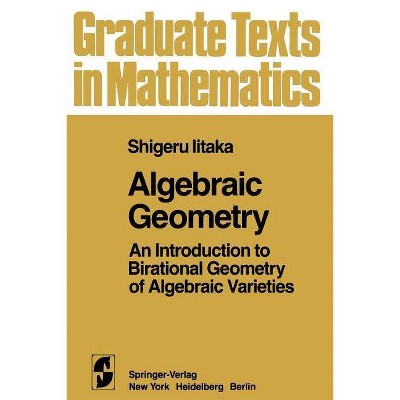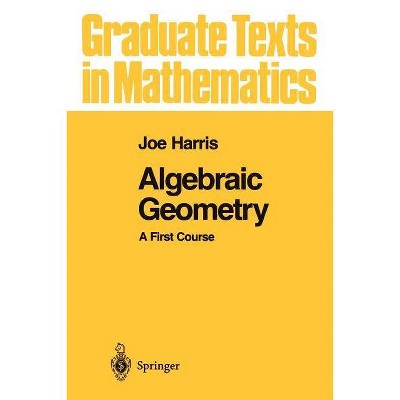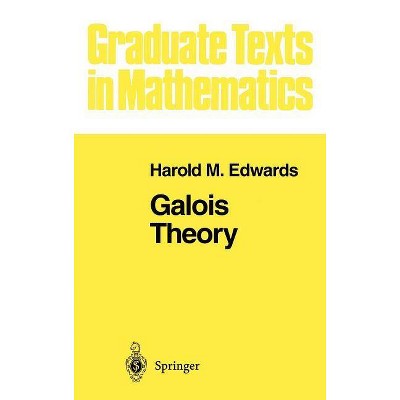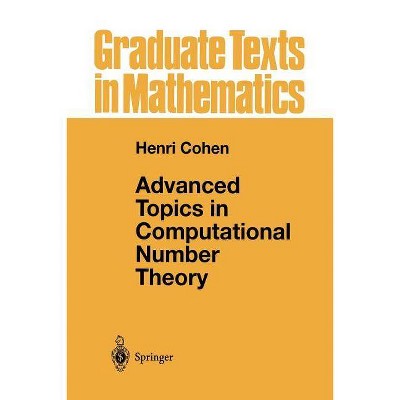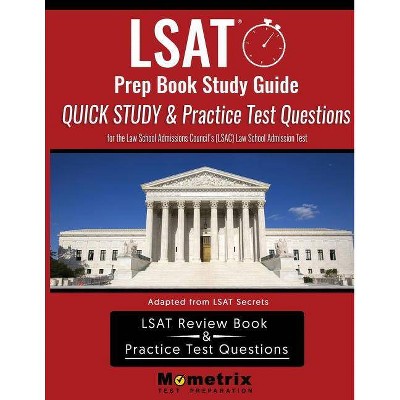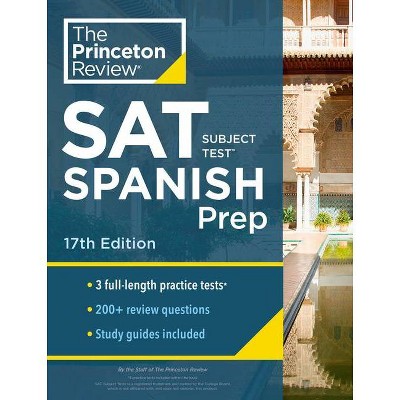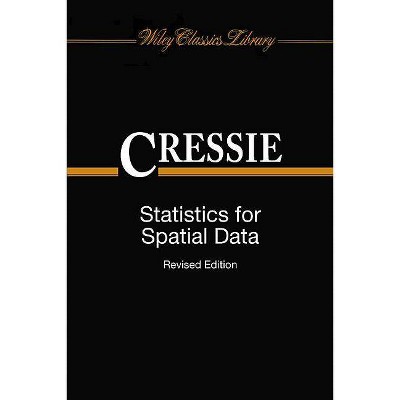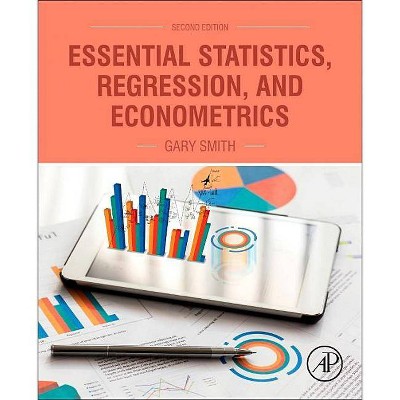Additive Number Theory: Inverse Problems and the Geometry of Sumsets - (Graduate Texts in Mathematics) by Melvyn B Nathanson (Hardcover)
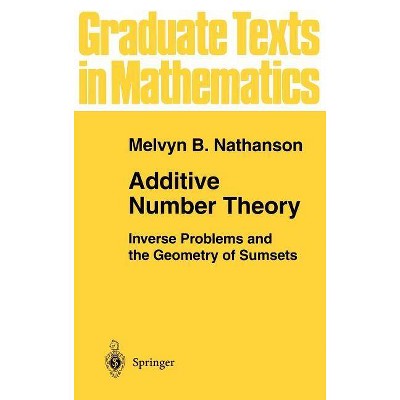
Similar Products
Products of same category from the store
AllProduct info
<p/><br></br><p><b> About the Book </b></p></br></br>This book reviews results in inverse problems for finite sets of integers, culminating in Ruzsa's elegant proof of the deep theorem of Freiman that a finite set of integers with a small sumset must be a large subset of an n-dimensional arithmetic progression.<p/><br></br><p><b> Book Synopsis </b></p></br></br><p>Many classical problems in additive number theory are direct problems, in which one starts with a set <i>A</i> of natural numbers and an integer <i>H -> 2</i>, and tries to describe the structure of the sumset <i>hA</i> consisting of all sums of <i>h</i> elements of <i>A</i>. By contrast, in an inverse problem, one starts with a sumset <i>hA</i>, and attempts to describe the structure of the underlying set <i>A</i>. In recent years there has been ramrkable progress in the study of inverse problems for finite sets of integers. In particular, there are important and beautiful inverse theorems due to Freiman, Kneser, Plünnecke, Vosper, and others. This volume includes their results, and culminates with an elegant proof by Ruzsa of the deep theorem of Freiman that a finite set of integers with a small sumset must be a large subset of an <i>n</i>-dimensional arithmetic progression.</p><p><p/><br></br><p><b> From the Back Cover </b></p></br></br>Many classical problems in additive number theory are direct problems, in which one starts with a set A of natural numbers and an integer h(actual symbol not reproducible)2 and tries to describe the structure of the sumset hA consisting of all sums of h elements of A. In contrast, in an inverse problem, one starts with a sumset hA and attempts to describe the structure of the underlying set A. In recent years, there has been remarkable progress in the study of inverse problems for finite sets of integers. In particular, there are important and beautiful inverse theorems due to Freiman, Kneser, Plunnecke, Vospel and others. This volume includes their results and culminates with an elegant proof by Rusza of the deep theorem of Freiman that a finite set of integers with a small sumset must be a large subset of an n-dimensional arithmetic progression. Inverse problems are a central topic in additive number theory. This graduate text gives a comprehensive and self-contained account of this subject. In particular, it contains complete proofs of results from exterior algebra, combinatorics, graph theory, and the geometry of numbers that are used in the proofs of the principal inverse theorems. The only prerequisites for the book are undergraduate courses in algebra, number theory, and analysis.
Price History
Price Archive shows prices from various stores, lets you see history and find the cheapest. There is no actual sale on the website. For all support, inquiry and suggestion messages communication@pricearchive.us
